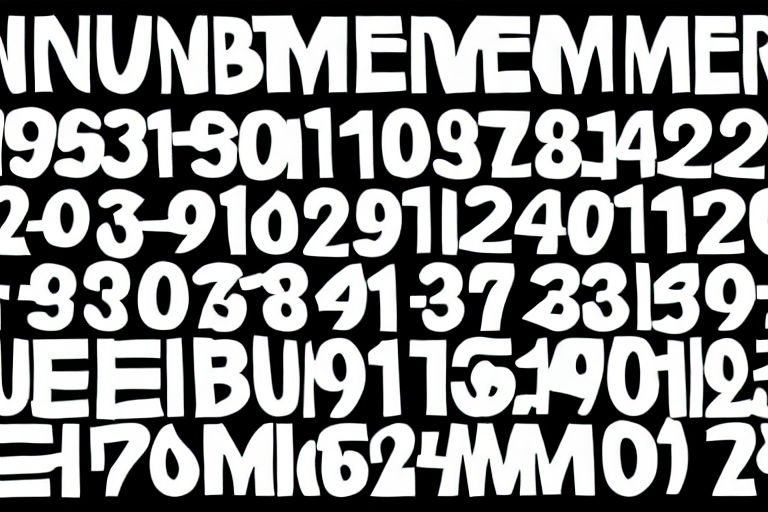The History of Prime Numbers and their Contributions to Mathematics
Prime numbers have been a topic of interest for mathematicians for thousands of years. These numbers have interesting properties and are essential to many aspects of mathematics. In this article, we will explore the history of prime numbers and their contributions to mathematics.
What are Prime Numbers?
Prime numbers are positive integers greater than 1 that can only be divided by 1 and themselves. For example, 2, 3, 5, 7, 11, and 13 are all prime numbers. Numbers that are not prime are called composite numbers.
The Early History of Prime Numbers
The ancient Greeks were some of the first mathematicians to study prime numbers. Euclid's Elements, one of the most influential mathematical works of all time, contained a proof of the infinity of prime numbers. Euclid showed that if we assume there are only finitely many prime numbers, we can construct a new prime number that wasn't on our original list.
In the third century BCE, the Greek mathematician Eratosthenes devised a method for finding all prime numbers up to a certain value. Known as the "sieve of Eratosthenes," this method still has practical applications in computer science and cryptography today.
Prime Numbers in Modern Mathematics
In modern mathematics, prime numbers are essential to number theory, cryptography, and many other fields. In fact, the security of many encryption algorithms relies on the difficulty of factoring large composite numbers into their prime factors.
One of the most famous unsolved problems in mathematics is the Riemann Hypothesis, which gives insight into the distribution of prime numbers. Many mathematicians have dedicated their careers to studying prime numbers and related problems.
Conclusion
In conclusion, prime numbers have a rich history and remain a fascinating topic of study in mathematics today. From their origins in ancient Greece to modern-day cryptography, prime numbers have played a significant role in the development of mathematics and its applications.



